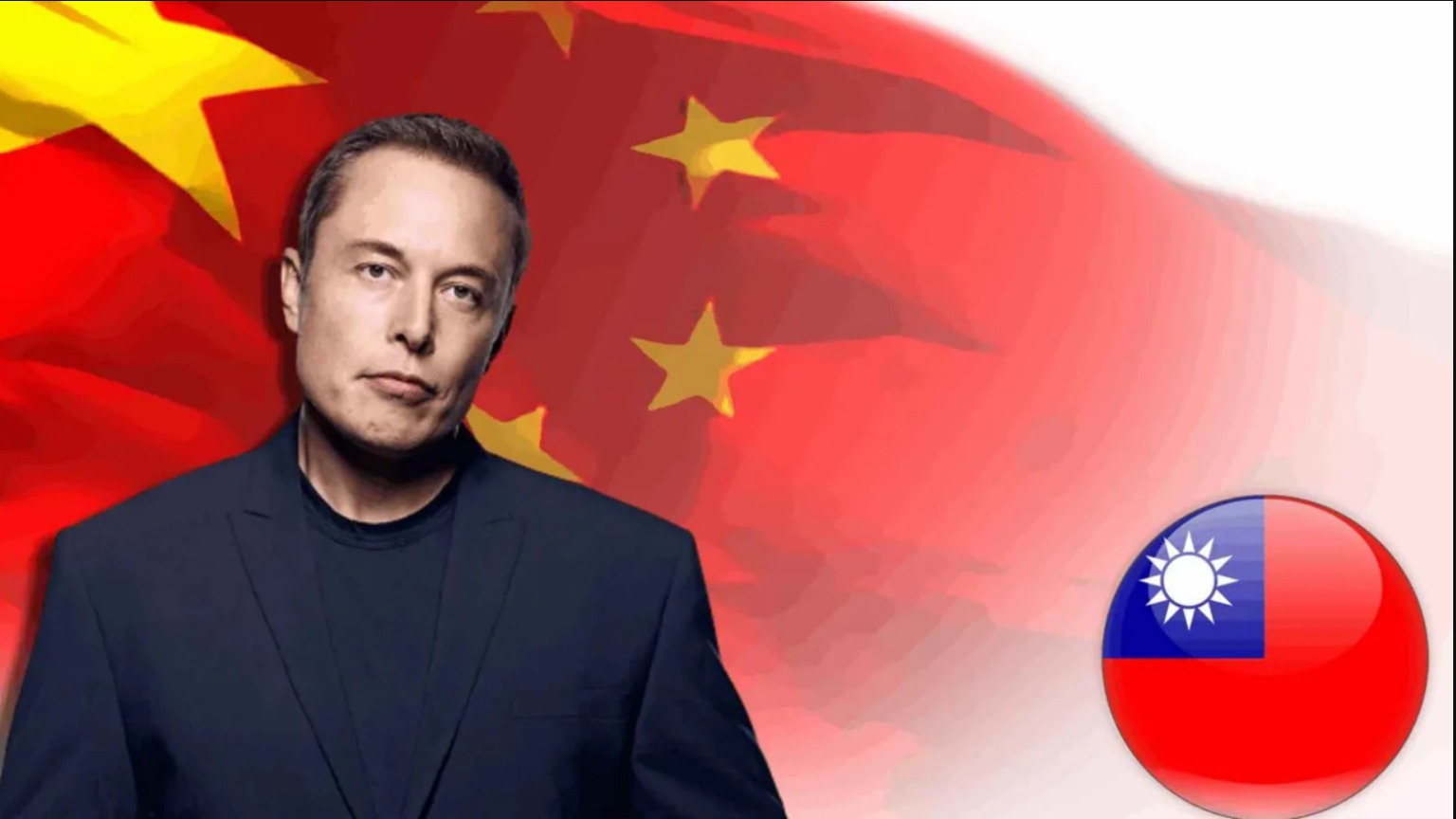|
Getting your Trinity Audio player ready...
|
Taiwan has firmly rejected the recent comments made by billionaire entrepreneur Elon Musk, who described the island as an “integral part” of China. In a swift response, Taiwan’s Foreign Minister, Joseph Wu, took to the social media platform X to assert, “Listen up, Taiwan is not part of the PRC [People’s Republic of China] and certainly not for sale!”
The controversy arose during a business summit this week when Elon Musk compared Taiwan to Hawaii, categorizing it as an essential component of China. This statement has further intensified tensions between Beijing and Taipei, which have already been on the rise over the past year.
China has long claimed sovereignty over Taiwan, a self-governed island, and has periodically conducted military drills in the vicinity. In recent days, Beijing conducted air and naval exercises around Taiwan, showcasing its military prowess. Taiwan reported the detection of more than 40 Chinese military aircraft and approximately 10 ships in its waters.
This is not the first time Elon Musk has sparked controversy with his comments about Taiwan. In October, he suggested that tensions between Beijing and Taipei could be resolved by giving China some level of control over Taiwan. In response, Taiwan’s government firmly asserted that freedom is “not for sale.”
Foreign Minister Joseph Wu’s message on X also included a request directed at Elon Musk: “Hope Elon Musk can also ask the CCP [Chinese Community Party] to open X to its people.” It’s worth noting that Mr. Musk’s micro-blogging platform X, formerly known as Twitter, is banned in China.
Furthermore, Mr. Wu had previously accused China of using its military exercises to influence Taiwan’s elections, stating, “The PRC [People’s Republic of China] has made it clear it wants to shape Taiwan’s coming national election. Well, it’s up to our citizens to decide, not the bully next door, he wrote on his X account.
Elon Musk’s electric car company, Tesla, operates a significant manufacturing facility in Shanghai. He visited China most recently in May, where he met with top Chinese officials. The Chinese foreign ministry noted that Tesla expressed a willingness to expand its business operations in the country.
This high-profile visit drew significant attention given the deteriorating relations between China and the United States in recent years. Despite resuming high-level dialogues, the two nations remain at odds on various issues, including Taiwan, which has emerged as a key point of contention. The United States has been a longtime ally of Taiwan, further complicating the situation.
The latest remarks by Elon Musk underscore the delicate nature of the Taiwan-China relationship and the complexities faced by businesses operating in this politically charged environment. As tensions persist, all eyes remain on developments in the region and their impact on international relations.
